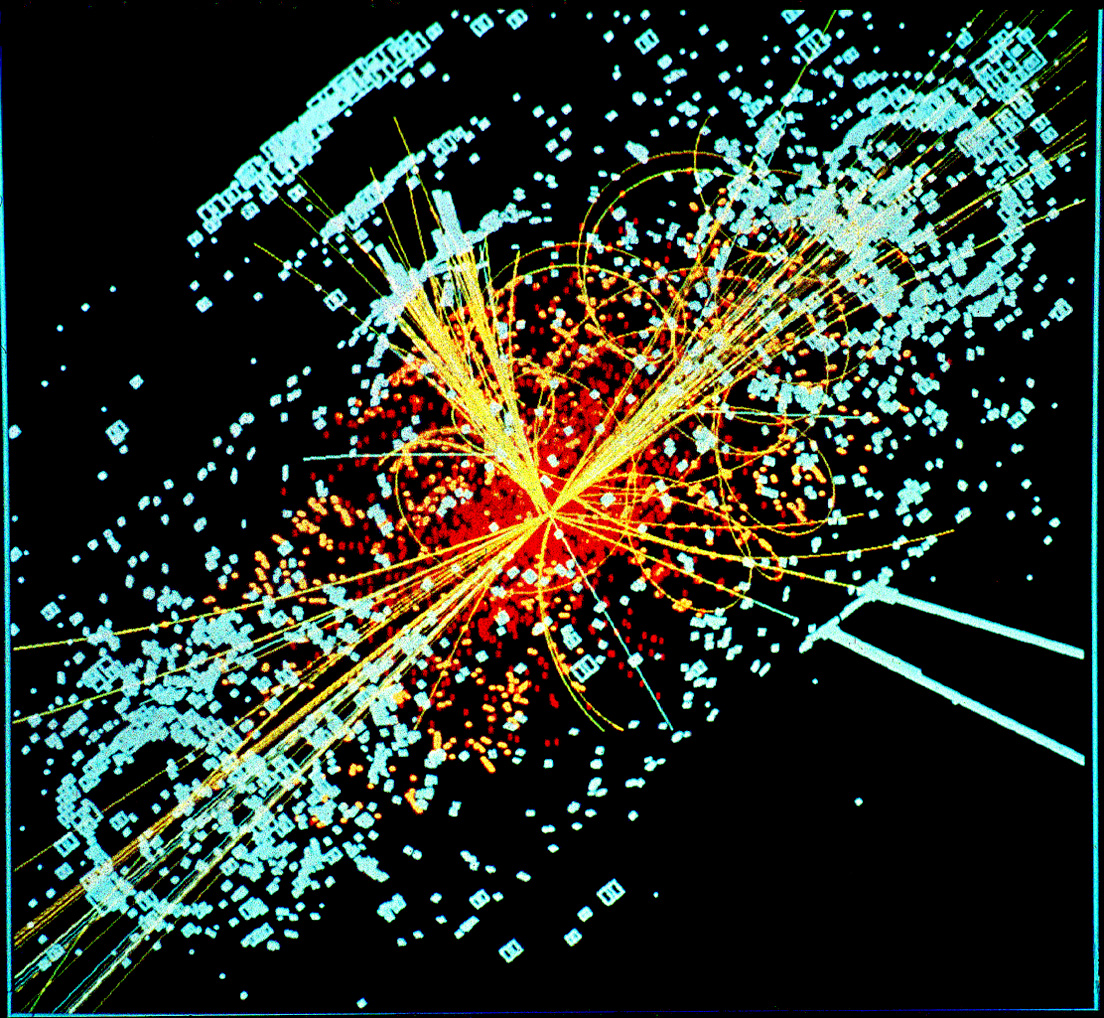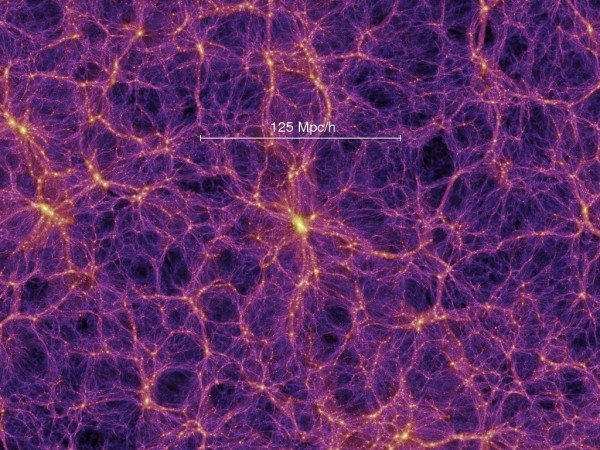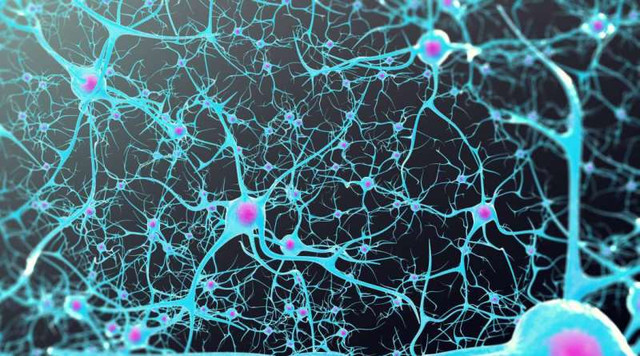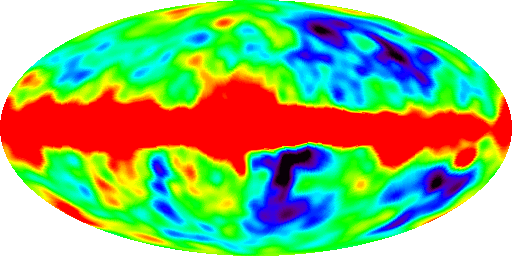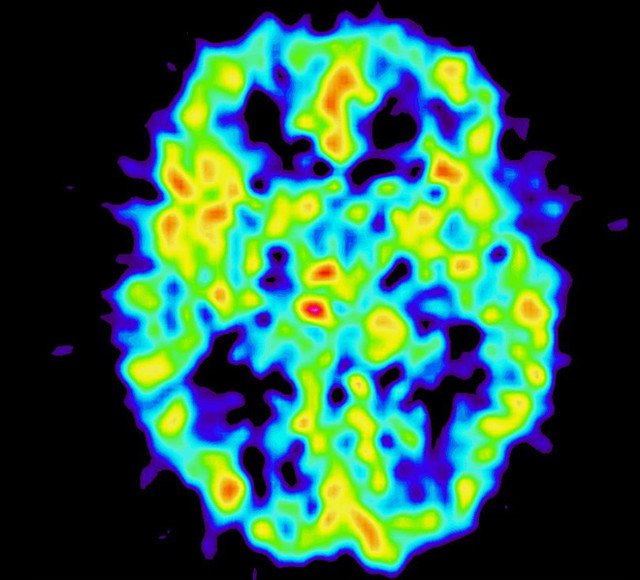What I am saying is that the observations of Galileo using his telescope are not the same as observations of abiogenesis at work in nature. No one has documented abiogenesis taking place in nature today under natural law, however the Galilean moons are readily observable obeying natural law.
Okay, I see your point. But in the context of actual theories, there were no observations by Galileo, including his discovery of those four moons, that proved any theory. Galileo was adamant to a fault that the Copernican model was proved by him -- he, unfortunately, used tides as his best argument.
But what he did do was falsify the Aristotle/Ptolemy/Thomist model that was dogma for centuries. Although the phases of Venus were the final nail in the coffin, it wasn't the first evidence against the model.
Consider what his discovery of those Jupiter moons did to both opposing theories .. they gave evidence against the A/P/T model and also gave evidence (not proof) for the Copernican model (or Tychonic model as it turned out).
There were three discoveries Galileo made, though I can likely think of others, that led to the downfall of the model...
1) The mountains and craters of the Moon observed by his telescope. This damaged greatly the established view that all things were perfect beyond Earth.
2) The moons of Jupiter. This hurt the view that all things must orbit the Earth. Not allowing orbiting moons isn't all that illogical if one isn't aware that gravity is a force that acts freely through space. Crystalline spheres were there means to accommodate the planets as they orbited Earth, or even the Sun.
3) The crescent and gibbous phases of Venus (and Mercury). There is no imaginable way, though I'm sure extensive efforts were done, for Venus to orbit only the Earth and have both phases. Either one alone would be required, but not both.
No. 3 was such strong evidence against the A/P/T model that the Jesuits (best scientists in the world at that time, IIRC) were surprisingly quick to agree, though they did have one or more telescopes from Galileo to allow better analysis to verify the claim. [They quickly adopted the Tychonic model, however, as this too was a Geocentric model, which was sweeter for their tastes, but it was not near the elegance of the Copernican model, especially after Kepler introduced elliptical orbits]
So what I'm saying is that the discovery of the moons helped build a case for the Copernican model. Similarly, there is microscopic evidence that supports the case for abiogenesis. There appears to be no evidence, as in step 3, that would now greatly favor the idea that an abiogenesis model is close at hand. But I think it is plausible that a day may come that it will be found. For me, that would be cool as I would love to see other exoplanets having beautiful and natural garden-like environments.


